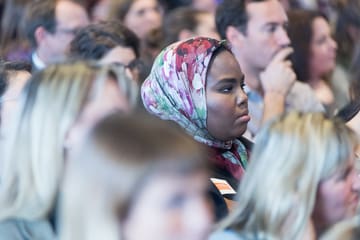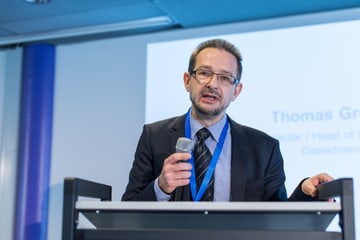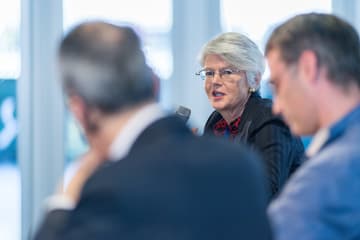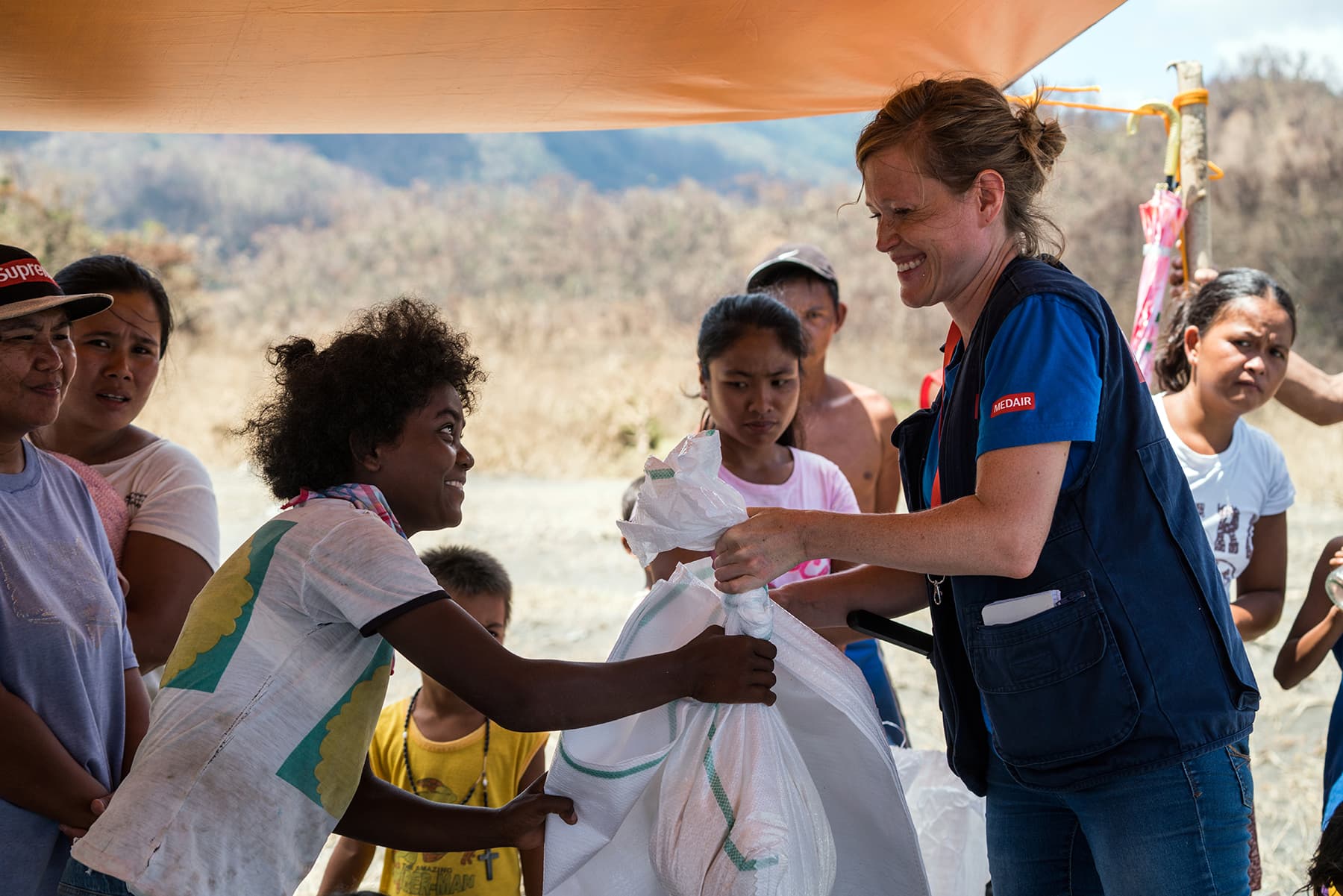The changing landscape of international cooperation
International cooperation faces increasingly global challenges, affecting developing countries the most. New actors take their role in international cooperation, aid modalities are in transformation and the SDGs set new visions and directions. How do these developments impact the labour market, what can individuals and organisations do to be prepared for this shift?

Key takeaways from a Forum cinfo session
"Changing landscape of international cooperation", one of the sessions of Forum cinfo 2016, was moderated by Mr. Etienne Duval who interacted with an experienced panel including:
- Ambassador Thomas Greminger, Deputy Director/Head of the South Cooperation Department SDC in Berne
- Mrs Eva Mennel, HR Director UNICEF
- Mr. Erik Keller, Director INTERTEAM and Member of Unite Executive Board
Increasingly global challenges
In his keynote, Mr. Greminger set the context and highlighted that international cooperation faces increasingly global challenges, affecting developing countries the most. These include demographic and political power shifts and instability, as well as environmental degradation and natural disasters due to climate change. Themes like migration, working in an increasing number of fragile countries mark the international cooperation landscape today and require better collaboration between humanitarian aid and more long term cooperation.

Diversification of the actors
The changing landscape of international cooperation features a widening variety of governmental players, regional organisations, funds, initiatives, foundations, corporations, civil society organisations to realise the Sustainable Development Goals (SDGs) as a new framework. There’s a growing trend towards activity in ‘South-South’, ‘triangular’ cooperation and more engagement by regional and local authorities. Bringing these actors together and responding to the demands of developing countries through tailor made interventions will be the future challenges of international cooperation.
New profiles sought
A remarkable transformation has taken place in the labour market, and agencies increasingly seek new expertise and capabilities from candidates. Broadly, SDC and multilateral agencies hire staff based on: 1) technical expertise and familiarity with Project and Project Cycle Management, 2) a capacity to work in interdisciplinary teams, with the private sector and civil society, 3) a commitment to innovation, by being open minded and imaginative, 4) political sensitivity in order to conduct a meaningful policy dialogue; and to identify appropriate interventions in fragile situations; an ability to deal with development and policy coherence issues and finally 5) flexibility in adjusting to new contexts and readiness to work in fragile environments.
Agencies increasingly seek new expertise and capabilities from candidates.

A growing trend towards South-South cooperation
Both Eva Mennel and Erik Keller stated that in the past there was a tendency to hire young and often unexperienced professionals from Western countries, who often lacked the expertise to contribute to change in a sustainable way. Today, Southern countries are more discerning and clearly communicate their interests and preferences to the donor at the time of hiring expats. Further, people from the South not only have a similar education but are more willing to work in fragile countries.
Today, Southern countries communicate their interests and preferences at the time of hiring expats.
At this point the role and value-add of expatriates needs to be reassessed, particularly when expats are not ready to engage for a longer period in projects and countries. Some questions were raised whether existing training and educational institutions do prepare students sufficiently for the field realities in international cooperation – even more so during field placements, where they are continuously challenged in their capabilities, their work culture and style but also in their day to day lives. This makes it harder for agencies to recruit and retain the right people.
The role and value-add of expats needs to be reassessed.
Finding the right balance
The panellists are looking for the best talent, ready to think ‘outside the box’ and to work in challenging places, particularly when they are in the middle of their careers. Eva Mennel pointed out that shortage of mid-career professionals in fragile contexts is often linked to family commitments, which they do not have at the beginning or later in their career. Young professionals should therefore seek opportunities in the field to gain the required experience, so that later in their career they can easily be absorbed again as experienced professionals for deputations to fragile countries.
Today, in order to fill this gap, there’s a tendency to recruit staff from the South, but also towards remote collaboration. All of this impacts the rules and regulations relating to staff deployment (contract types for instance, national vs international), mobility, duty stations). This in turn affects expectations of staff and supply and demand of work forces. UNICEF is committed to retaining diversity and achieving a balance in the field. But achieving a good mix in teams is often difficult to realise.
At the end of the session, the panellists closed that today’s situation also provides new opportunities for talented and passionate people who are committed, creative and ready to have hands on experience.
Today’s situation also provides new opportunities for talented, passionate and committed people.



